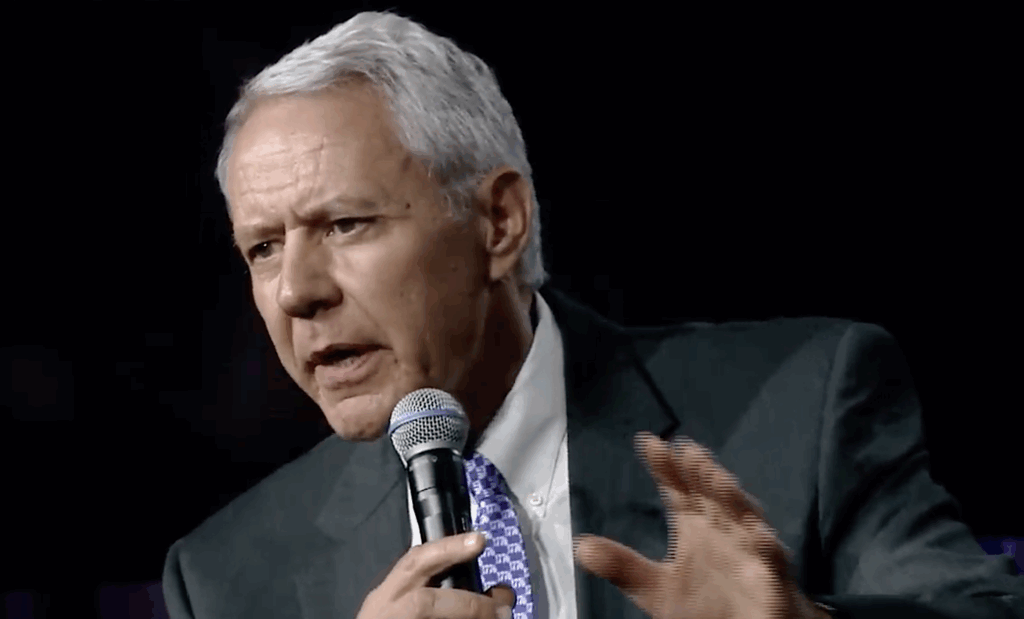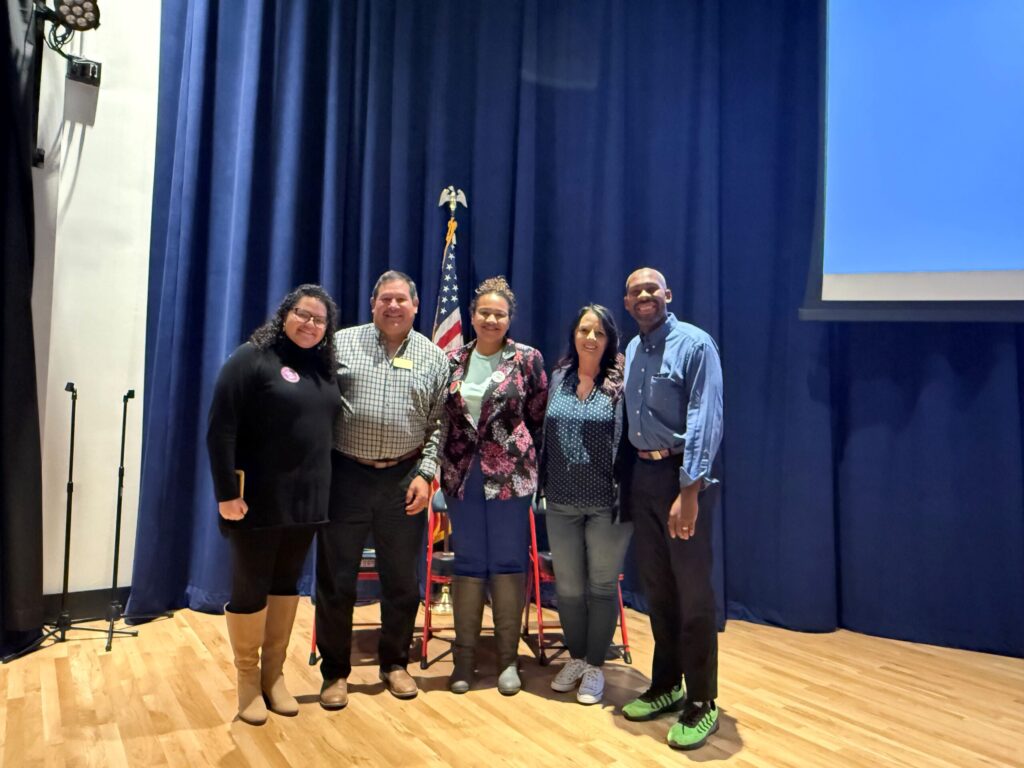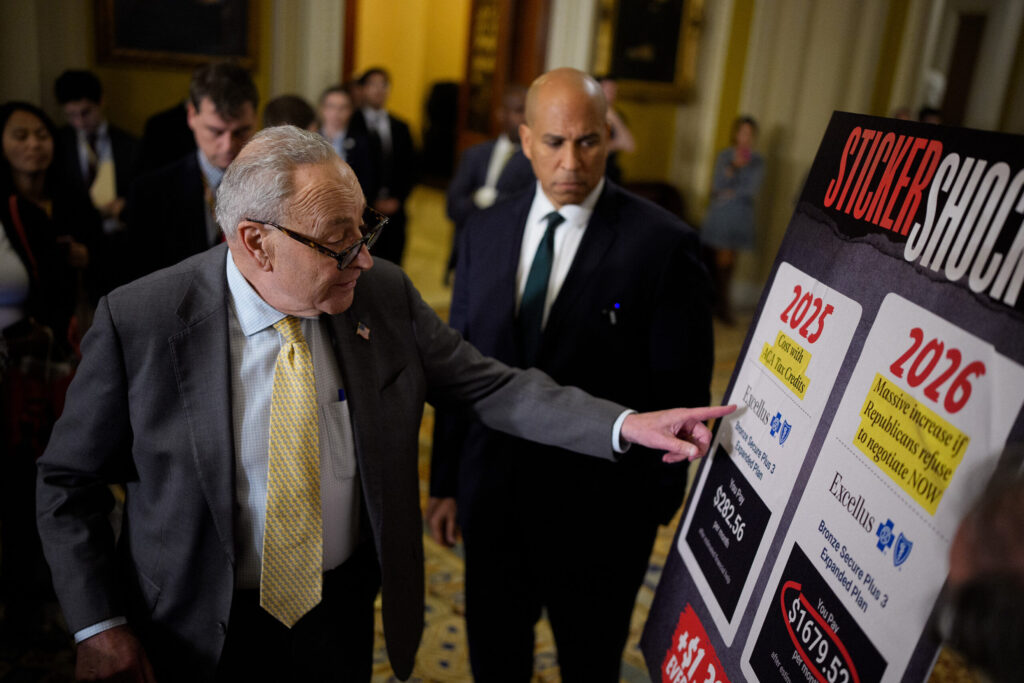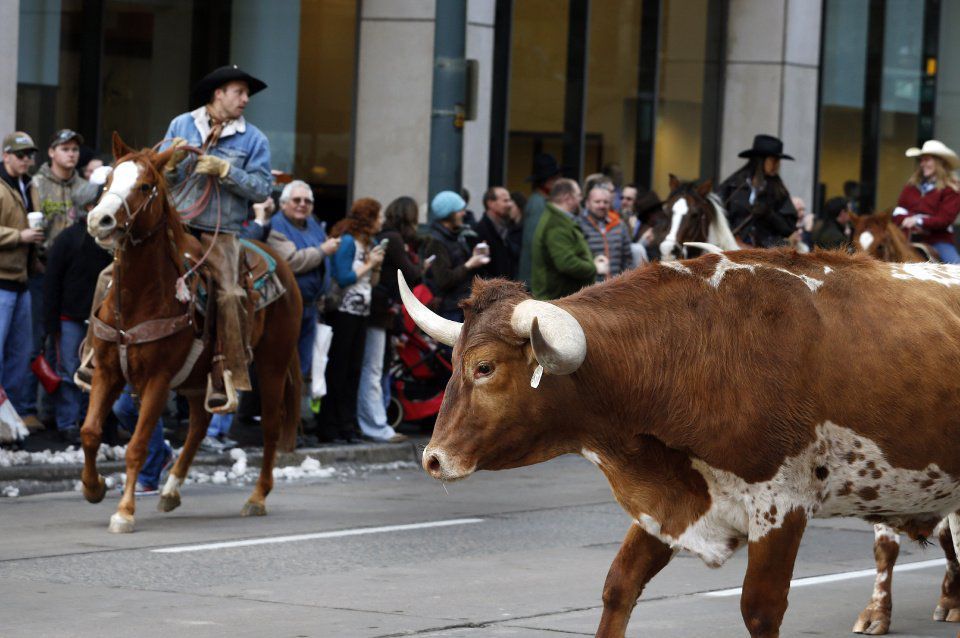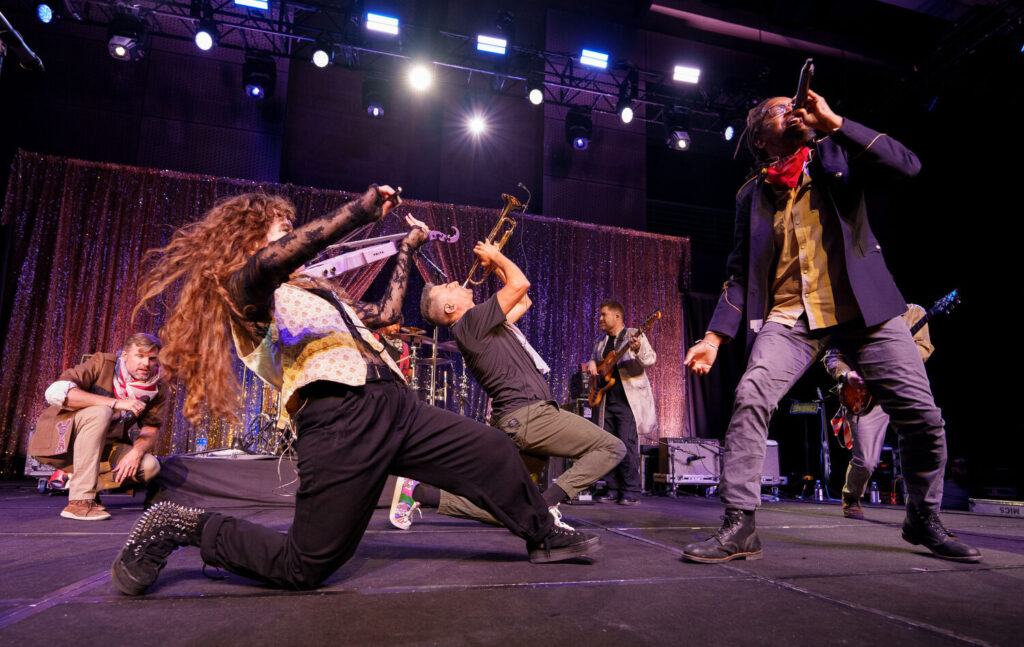House members rally round Colorado Chicano Week resolution

The House passed a joint resolution Tuesday establishing this week as Chicano History Week in Colorado. The measure passed with wide bipartisan support on a 51-5 vote.
“It helps elevate the conversation about the entire history of the United States, not just from one perspective, but from multiple perspectives and multiple cultures,” said Rep. Joe Salazar, D-Thornton, who sponsored the resolution. “Colorado will be a majority-minority state in the next 15 years. It’s important that we all get to know each other and each other’s histories and cultures. It’s only then that we can move together as a state.”
The no votes were cast by Reps. Justin Everett, R-Littleton, Tim Leonard, R-Evergreen, Stephen Humphrey, R-Eaton, Patrick Neville, R-Castle Rock, and Lori Saine, R-Firestone. The five representatives are part of a conservative group some have unofficially dubbed the House “freedom caucus.”
Minority issues and Latino issues in particular increasingly figure into state policy and politics. The Colorado population is 21 percent Latino, a demographic that leans heavily Democratic. Election groups on the left have been trying for years to increase voter turnout among Latino voters.
Salazar’s resolution matched similar proposals presented in legislatures across the country Tuesday, marking the anniversary of the Treaty of Guadalupe Hidalgo, signed in 1848. The treaty ended the Mexican-American War and delivered to the United States the western territory that is now Texas, California and parts of New Mexico, Arizona, Nevada, Utah, Wyoming and Colorado. Mexicans living in those territories became American citizens.
Salazar has championed minority rights since he came into office in 2013. This year, in addition to the Chicano Week resolution, he has sponsored bills to change Columbus Day to Indigenous Peoples Day, grant in-state college tuition to members of Indian tribes with historical ties to Colorado, and to include as part of the curriculum in civil government classes material on the contributions to U.S. history made by Asian Americans, Native Americans, African Americans and Hispanic Americans.
Everett said he voted against the bill because he believes singling out any one culture over another does more harm than good for the country’s culture and politics. He said it degrades the unifying long-held idea of America as a melting pot.
“It doesn’t matter what group it is, I believe we’re all Americans,” Everett said. “When we play this divisional politics, it doesn’t help the dialogue at all.”



